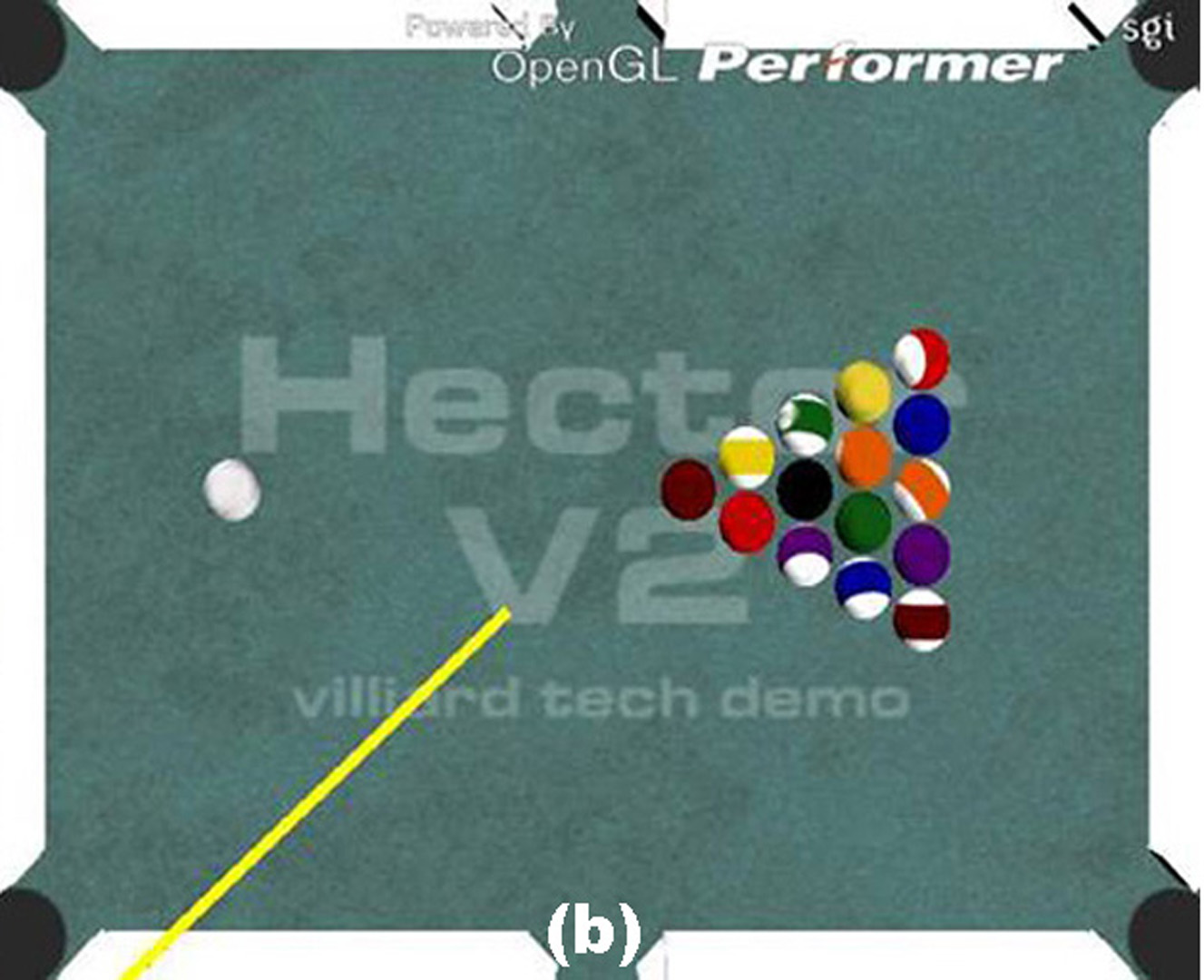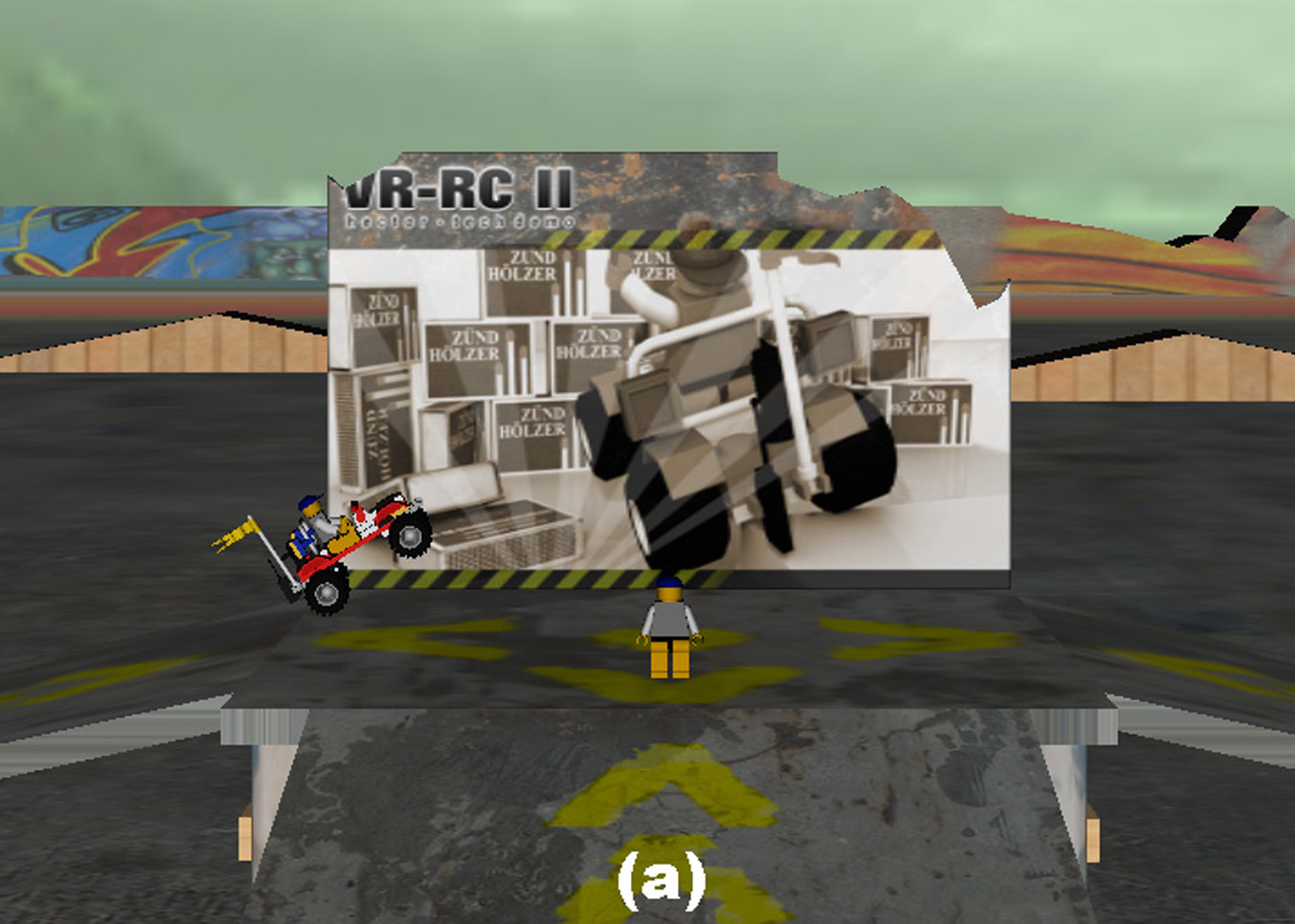“HECTOR – scripting-based VR system design” by Wetzstein, Gollner, Beck, Weiszig, Derkau, et al. …
Conference:
Type:
Title:
- HECTOR - scripting-based VR system design
Presenter(s)/Author(s):
Abstract:
Modern VR systems embrace the idea of scripting interfaces for rapid prototyping of applications. HECTOR goes one step further: the entire core of the VR system is written in PYTHON, easily gluing interchangeable high-performance C++ libraries, a module-based system infrastructure and a scripting-based application layer. Thus, the time consuming and error prone compile-debug cycle for application and system development becomes obsolete — both, the infrastructure and the application layer, can be extended or modified even at run-time.
References:
1. Bierbaum, A., Just, C., Hartling, P., Meinert, K., Baker, A., and Cruz-Neira, C. 2001. VRJuggler: A Virtual Platform for Virtual Reality Application Development. In Proceedings of IEEE Virtual Reality 2001 Conference, IEEE Computer Society, 89–97.
2. Blach, R., Landauer, J., Rösch, A., and Simon, A. 1998. A Highly Flexible Virtual Reality System. Future Generation Computer Systems 14, 3–4, 167–178.
3. Rohlf, J., and Helman, J. IRIS Performer: A High Performance Multiprocessing Toolkit for 3D Graphics. In Proceedings of ACM SIGGRAPH 94.
4. Tramberend, H. 1999. Avocado: A Distributed Virtual Reality Framework. In Proceedings of IEEE Virtual Reality ’99 Conference, IEEE Computer Society, 14–21.





